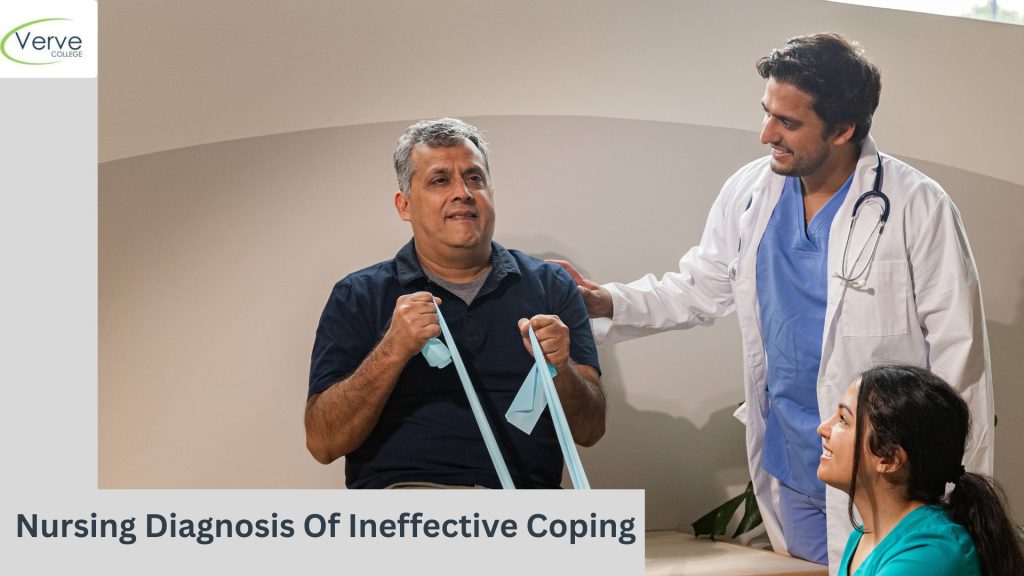- Oak Brook:(630) 705-9999
- Chicago:(312) 920-8822
- Email:inquiry@vervecollege.edu
- Make a Payment
- Home
- Programs
- Admission
- Resources
- ATI Entrance Exam Resources
- New E-Digital Library
- Refer a Friend
- School Newsletter
- Events
- Employers
- Job-Network
- Alpha Beta Kappa Candidates
- Verve College Library
- Graduation and Pinning Ceremony Photo Galleries
- Textbook Information
- Career Services
- Tutoring
- School Catalog
- FAQ
- Constitution Day Program
- Alumni
- Verve College Plans
- Financial Aid
- HEERF Reporting
- Satisfactory Academic Progress
- Apply For Financial Aid
- Net Price Calculator
- Return of Title IV Funds (R2T4)
- Financial Aid Office Code of Conduct
- Contact
- FAQs
- Verification Policy
- Vaccination Policy
- Student Right-to-Know Act
- Misrepresentation
- Information Security Program
- Academic Award Year
- Availability of Employee
- Cost of Attendance
- Health & Safety Exemption Requirement
- Students Rights and Responsibilities
- Leave of Absence
- Pell Formula
- Military Students
- Grants/ Scholarship Policy
- Contact Us
- Testimonials
- Blog
Is a Nursing Career Right For You?
Take The Free Quiz
Nursing Diagnosis of Ineffective Coping: Causes, and Care Strategies
Nursing Diagnosis of Ineffective Coping: Causes, and Care Strategies
In 2020, about 20% of adults in the U.S. experienced mental health challenges, highlighting the importance of the nursing diagnosis of ineffective coping. This occurs when someone struggles to deal with stressful situations or life changes. Recognizing this in patients is crucial because it affects their recovery and overall health issues.
Practical nursing programs train nurses to spot ineffective coping mechanisms and guide patients toward effective coping mechanisms. They learn how to support successful coping by helping patients set realistic goals and find better ways to handle stress. This approach improves relationships with family and overall well-being. Let’s understand in short about nursing diagnosis of ineffective coping below.
Ineffective Coping Explained
Ineffective coping happens when a person cannot healthily handle stress or challenges. Nurses often see this problem during treatment. Common signs include feelings of isolation, constant sadness or anxiety, trouble making decisions, and avoiding problems. Some patients may show destructive behavior like withdrawing from social activities, refusing help, or even experiencing suicidal ideation.
Understanding the difference between problem-focused coping (which aims to solve the root cause of stress) and ineffective coping mechanisms helps nurses provide better care. Spotting these symptoms early allows the healthcare team to take action and prevent serious health risks.
Causes of Nursing Diagnosis of Ineffective Coping
There are many reasons why a person might struggle with coping, including:
- Mental Health Issues: Conditions like anxiety or depression can lead to ineffective coping mechanisms. The Mental Health Services Administration emphasizes early intervention to help individuals find healthier ways to manage stress.
- Stressful Life Situations: Financial problems, job stress, or family conflicts can make coping difficult.
- Physical Health Problems: Chronic pain or long-term illnesses can add emotional and mental strain, increasing health risks.
- Lack of Support: Weak relationships with family or limited access to social skills training can lead to ineffective community coping.
By identifying these causes, nurses can develop efficient patient care planning to help patients handle crisis situations in a healthier way.
Inspiring Stories About Nursing: How Nurses Are Making a Difference
Care Strategies for Ineffective Coping
Nurses play a key role in guiding patients toward effective coping mechanisms. To become a licensed practical nurse, its important to understand the nursing process which help to assess a client in crisis and provide personalized Nursing Care Plans. Some helpful strategies include:
- Active listening: Giving patients a safe space to express their emotions.
- Teaching healthy coping mechanisms, like deep breathing, journaling, or light physical activity.
- Encouraging participation in social activities to build social skills and improve mood.
- Using problem-focused coping to help patients develop problem-solving skills for real-life challenges.
- Supporting realistic goals to boost confidence and promote successful coping.
- Working with the healthcare provider to connect patients to mental health professionals if needed.
In serious cases, like crisis situations or when patients show signs of suicidal ideation, nurses must act quickly. The Mental Health Services Administration provides guidelines on how the healthcare team can respond to urgent mental health needs.
Conclusion
In licensed practical nursing programs, learning about ineffective coping mechanisms and promoting effective coping strategies is crucial. By recognizing health risks, providing client assessment, and encouraging successful coping, nurses can improve patient outcomes.
Continuous training in the nursing process and efficient patient care planning ensures that nurses can help patients manage stress, strengthen relationships with family, and develop long-term problem-focused coping strategies. Let’s prioritize teaching coping techniques in nursing care to support better mental and physical health for all.
 Sign up
Sign up Login
Login




